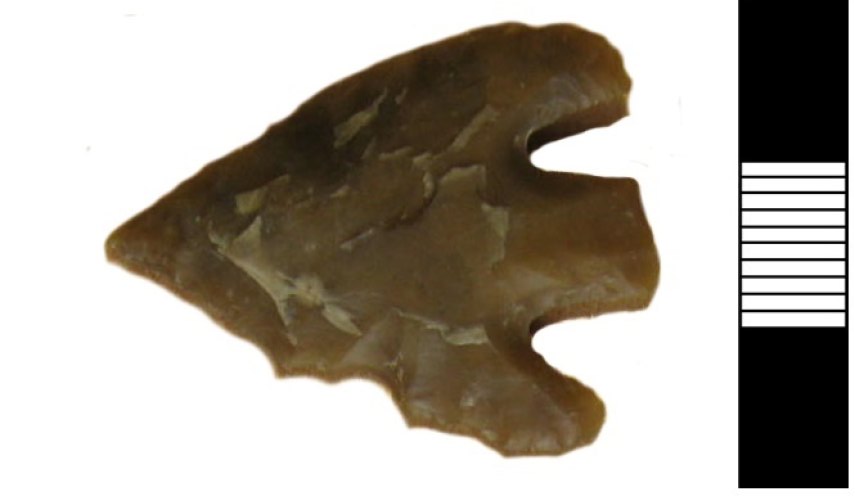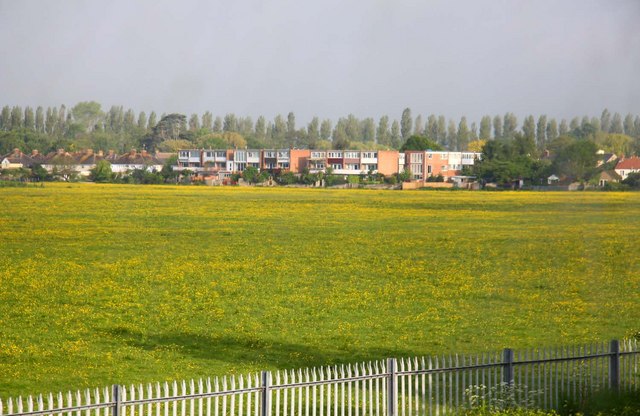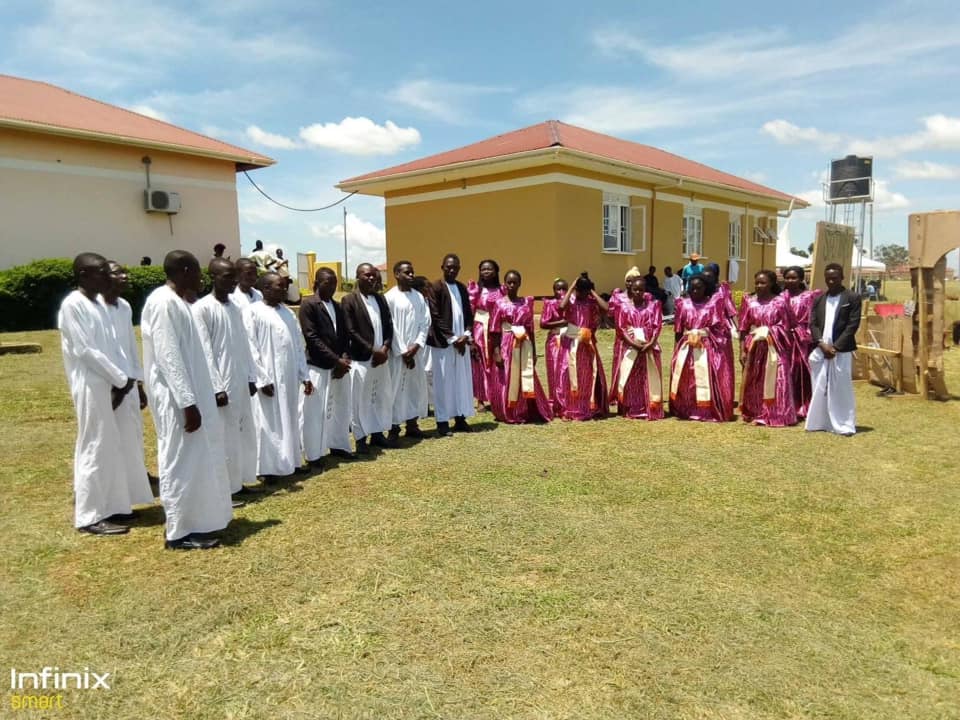|
Edward Nugee
Edward George "Ted" Nugee (9 August 1928 – 30 December 2014) was an English barrister. Nugee was described in his London ''Times'' obituary as "one of the pre-eminent Chancery barristers of his generation". He was involved in number of significant cases on tax and pensions, as well as being a regularly published correspondent in letters to the editor of ''The Times''. Early life, education and military service Nugee was born in 1928 in Godalming, Surrey, son of Brigadier George Nugee CBE, DSO, MC and his wife, Violet Mary. Nugee attended Brambletye School in East Grinstead and Radley College in Oxfordshire, from where he won a scholarship to Worcester College, Oxford, to read classics. Before going to University he spent two years on National Service as a gunner in the Royal Artillery, and served in Singapore during the Malayan Emergency. Upon his return to Oxford, Nugee reportedly realised that he had not seen a Latin or Greek text for two years and so abandoned classic ... [...More Info...] [...Related Items...] OR: [Wikipedia] [Google] [Baidu] |
Godalming
Godalming is a market town and civil parish in southwest Surrey, England, around southwest of central London. It is in the Borough of Waverley, at the confluence of the Rivers Wey and Ock. The civil parish covers and includes the settlements of Farncombe, Binscombe and Holloway Hill. Much of the area lies on the strata of the Lower Greensand Group and Bargate stone was quarried locally until the Second World War. The earliest evidence of human activity is from the Paleolithic and the River Wey floodplain at Charterhouse was settled in the middle Iron Age and Roman period. The modern town is thought to have its origins in the 6th or early 7th centuries and its name is thought to derive from that of a Saxon landowner. Kersey, a woollen cloth, dyed blue, was produced at Godalming for much of the Middle Ages, but the industry declined in the early modern period. In the 17th century, the town began to specialise in the production of knitted textiles and in the manufactur ... [...More Info...] [...Related Items...] OR: [Wikipedia] [Google] [Baidu] |
Royal Artillery
The Royal Regiment of Artillery, commonly referred to as the Royal Artillery (RA) and colloquially known as "The Gunners", is one of two regiments that make up the artillery arm of the British Army. The Royal Regiment of Artillery comprises thirteen Regular Army regiments, King's Troop, Royal Horse Artillery, the King's Troop Royal Horse Artillery and five Army Reserve (United Kingdom), Army Reserve regiments. History Formation to 1799 Artillery was used by the English army as early as the Battle of Crécy in 1346, while Henry VIII established it as a semi-permanent function in the 16th century. Until the early 18th century, the majority of British regiments were raised for specific campaigns and disbanded on completion. An exception were gunners based at the Tower of London, Portsmouth and other forts around Britain, who were controlled by the Ordnance Office and stored and maintained equipment and provided personnel for field artillery Artillery is a class of heav ... [...More Info...] [...Related Items...] OR: [Wikipedia] [Google] [Baidu] |
Queen's Counsel
In the United Kingdom and in some Commonwealth countries, a King's Counsel (post-nominal initials KC) during the reign of a king, or Queen's Counsel (post-nominal initials QC) during the reign of a queen, is a lawyer (usually a barrister or advocate) who is typically a senior trial lawyer. Technically appointed by the monarch of the country to be one of 'His erMajesty's Counsel learned in the law', the position originated in England and Wales. Some Commonwealth countries have either abolished the position, or renamed it so as to remove monarchical connotations, for example, ' Senior counsel' or 'Senior Advocate'. Appointment as King's Counsel is an office, conferred by the Crown, that is recognised by courts. Members have the privilege of sitting within the inner bar of court. As members wear silk gowns of a particular design (see court dress), appointment as King's Counsel is known informally as ''receiving, obtaining,'' or ''taking silk'' and KCs are often colloquially ... [...More Info...] [...Related Items...] OR: [Wikipedia] [Google] [Baidu] |
Commons Registration Act 1965
The Commons Registration Act 1965 is an Act of Parliament in the United Kingdom enacted in 1965 that concerns the registration of rights to common land, town greens, and village greens in England and Wales. The legislation under the Harold Wilson government made reference to the '' Land Registration Act 1925'' and '' Land Registration Act 1936''. The Countryside and Rights of Way Act 2000 and the Commons Act 2006, which gave new opportunities to register greens, amended the act. Registrations and Losses In the late 1960s, following the enactment of the Commons Registration Act 1965, the Open Spaces Society worked hard to register common land and common rights, in the three years allowed by the Act. However, still many commons were lost through failure to register them. The Act has reduced the historical rights of households that did not register under the Act. For example, villages in Wolvercote north of Oxford used to have grazing rights on Wolvercote Common. However, since ... [...More Info...] [...Related Items...] OR: [Wikipedia] [Google] [Baidu] |
Baganda
The Ganda people, or Baganda (endonym: ''Baganda''; singular ''Muganda''), are a Bantu ethnic group native to Buganda, a subnational kingdom within Uganda. Traditionally composed of 52 clans (although since a 1993 survey, only 46 are officially recognised), the Baganda are the largest people of the bantu ethnic group in Uganda, comprising 16.5 percent of the population at the time of the 2014 census. Sometimes described as "The King's Men" because of the importance of the king, or Kabaka, in their society, the Ganda number an estimated 5.56 million in Uganda. In addition, there is a significant diaspora abroad, with organised communities in Canada, South Africa, Sweden, the United Kingdom, and the United States. Traditionally, they speak Luganda. History Early history The early history of the Ganda is unclear, with various conflicting traditions as to their origins. One tradition holds that they are descendants of the legendary figure of Kintu, the first human accordi ... [...More Info...] [...Related Items...] OR: [Wikipedia] [Google] [Baidu] |
Uganda Protectorate
The Protectorate of Uganda was a protectorate of the British Empire from 1894 to 1962. In 1893 the Imperial British East Africa Company transferred its administration rights of territory consisting mainly of the Kingdom of Buganda to the British government. In 1894 the Uganda Protectorate was established, and the territory was extended beyond the borders of Buganda to an area that roughly corresponds to that of present-day Uganda. Background In the mid-1880s, the Kingdom of Uganda was divided between four religious factions - Adherents of Uganda's Native Religion, Catholics, Protestants and Muslims - each vying for political control.Griffiths, Tudor. “Bishop Alfred Tucker and the Establishment of a British Protectorate in Uganda 1890-94.” Journal of Religion in Africa, vol. 31, no. 1, 2001, pp. 92–114. JSTOR, www.jstor.org/stable/1581815. In 1888, Mwanga II was ousted in a coup led by the Muslim faction, who installed Kalema as leader. The following year, a Protestan ... [...More Info...] [...Related Items...] OR: [Wikipedia] [Google] [Baidu] |
Uganda
}), is a landlocked country in East Africa. The country is bordered to the east by Kenya, to the north by South Sudan, to the west by the Democratic Republic of the Congo, to the south-west by Rwanda, and to the south by Tanzania. The southern part of the country includes a substantial portion of Lake Victoria, shared with Kenya and Tanzania. Uganda is in the African Great Lakes region. Uganda also lies within the Nile basin and has a varied but generally a modified equatorial climate. It has a population of around 49 million, of which 8.5 million live in the capital and largest city of Kampala. Uganda is named after the Buganda kingdom, which encompasses a large portion of the south of the country, including the capital Kampala and whose language Luganda is widely spoken throughout the country. From 1894, the area was ruled as a protectorate by the United Kingdom, which established administrative law across the territory. Uganda gained independence from the UK on 9 Oc ... [...More Info...] [...Related Items...] OR: [Wikipedia] [Google] [Baidu] |
Colonial Office
The Colonial Office was a government department of the Kingdom of Great Britain and later of the United Kingdom, first created to deal with the colonial affairs of British North America but required also to oversee the increasing number of colonies of the British Empire. Despite its name, the Colonial Office was never responsible for all Britain's Imperial territories; for example, protectorates fell under the purview of the Foreign Office, and British India was ruled by the East India Company until 1858 (the British Raj ruled the India Office as a result of the Indian Mutiny), while the role of the Colonial Office in the affairs of the Dominions changed as time passed. It was headed by the Secretary of State for the Colonies, also known more informally as the Colonial Secretary. First Colonial Office (1768–1782) Prior to 1768, responsibility for the affairs of the British colonies was part of the duties of the Secretary of State for the Southern Department and a committee ... [...More Info...] [...Related Items...] OR: [Wikipedia] [Google] [Baidu] |
Lincoln's Inn
The Honourable Society of Lincoln's Inn is one of the four Inns of Court in London to which barristers of England and Wales belong and where they are called to the Bar. (The other three are Middle Temple, Inner Temple and Gray's Inn.) Lincoln's Inn, along with the three other Inns of Court, is recognised as being one of the world's most prestigious professional bodies of judges and lawyers. Lincoln's Inn is situated in Holborn, in the London Borough of Camden, just on the border with the City of London and the City of Westminster, and across the road from London School of Economics and Political Science, Royal Courts of Justice and King's College London's Maughan Library. The nearest tube station is Holborn tube station or Chancery Lane. Lincoln's Inn is the largest Inn, covering . It is believed to be named after Henry de Lacy, 3rd Earl of Lincoln. History During the 12th and early 13th centuries, the law was taught in the City of London, primarily by the clerg ... [...More Info...] [...Related Items...] OR: [Wikipedia] [Google] [Baidu] |
Inner Temple
The Honourable Society of the Inner Temple, commonly known as the Inner Temple, is one of the four Inns of Court and is a professional associations for barristers and judges. To be called to the Bar and practise as a barrister in England and Wales, a person must belong to one of these Inns. It is located in the wider Temple area, near the Royal Courts of Justice, and within the City of London. The Inn is a professional body that provides legal training, selection, and regulation for members. It is ruled by a governing council called "Parliament", made up of the Masters of the Bench (or " Benchers"), and led by the Treasurer, who is elected to serve a one-year term. The Temple takes its name from the Knights Templar, who originally (until their abolition in 1312) leased the land to the Temple's inhabitants (Templars). The Inner Temple was a distinct society from at least 1388, although as with all the Inns of Court its precise date of founding is not known. After a disrupted e ... [...More Info...] [...Related Items...] OR: [Wikipedia] [Google] [Baidu] |
Territorial Army (United Kingdom)
The Army Reserve is the active-duty volunteer reserve force of the British Army. It is separate from the Regular Reserve whose members are ex-Regular personnel who retain a statutory liability for service. The Army Reserve was known as the Territorial Force from 1908 to 1921, the Territorial Army (TA) from 1921 to 1967, the Territorial and Army Volunteer Reserve (TAVR) from 1967 to 1979, and again the Territorial Army (TA) from 1979 to 2014. The Army Reserve was created as the Territorial Force in 1908 by the Secretary of State for War, Richard Haldane, when the Territorial and Reserve Forces Act 1907 combined the previously civilian-administered Volunteer Force, with the mounted Yeomanry (at the same time the Militia was renamed the Special Reserve). Haldane planned a volunteer "Territorial Force", to provide a second line for the six divisions of the Expeditionary Force which he was establishing as the centerpiece of the Regular Army. The Territorial Force was to be c ... [...More Info...] [...Related Items...] OR: [Wikipedia] [Google] [Baidu] |
Eldon Law Scholarship
The Eldon Law Scholarship is a scholarship awarded to students from the University of Oxford who wish to study for the Barristers in England and Wales, English Bar. Applicants must either have obtained a first class honours degree in the Final Honours School, or obtained a distinction on the Bachelor of Civil Law, BCL or Magister Juris, MJur. It is a two-year scholarship presently funded at £9,000 a year. History The scholarship dates from 12 May 1830, and was funded in response to an application from subscribers. Although the scholarship is named after John Scott, 1st Earl of Eldon, Lord Eldon LC, it is not funded from his will – Lord Eldon did not in fact die until eight years after the scholarship was founded. The first trustees included the Duke of Richmond, Earl of Mansfield, Earl of Romney and Lord Arden. Until 1963 it was a requirement that an applicant be a member of the Church of England. In 1963 that was downgraded to a preference, and in 1983 the requirement was dro ... [...More Info...] [...Related Items...] OR: [Wikipedia] [Google] [Baidu] |








